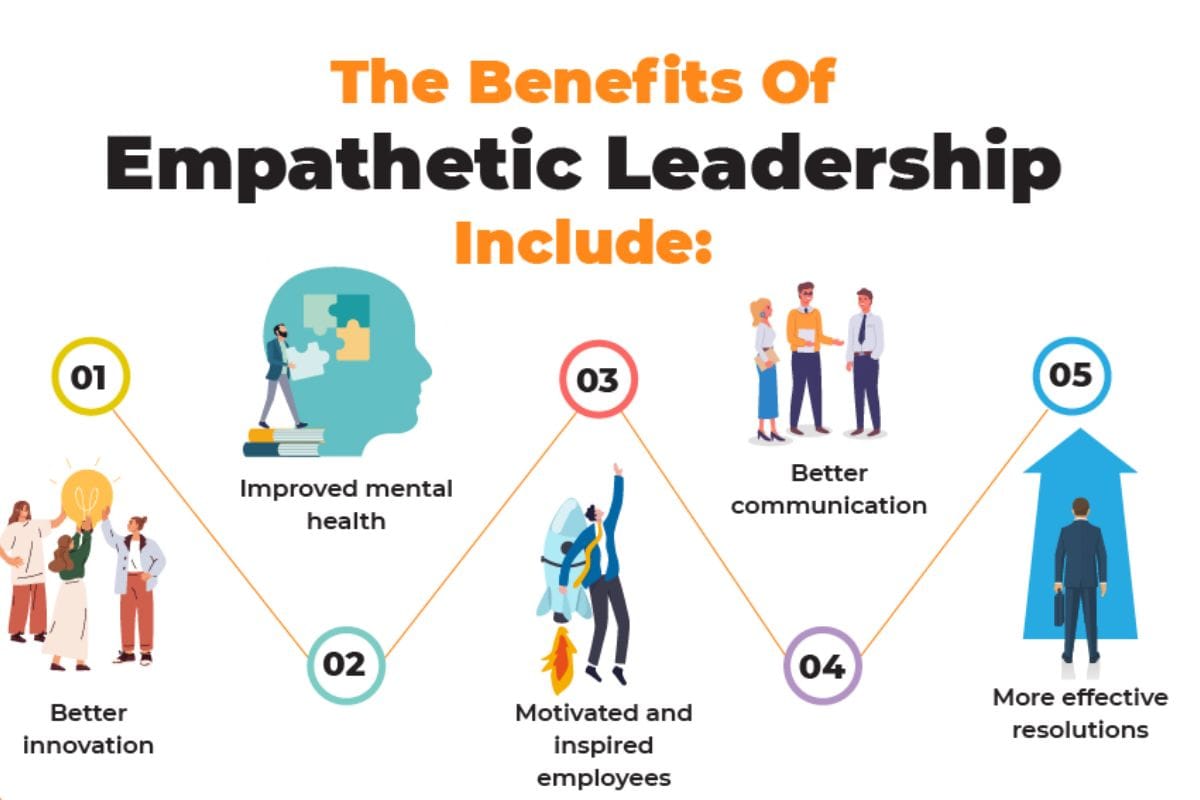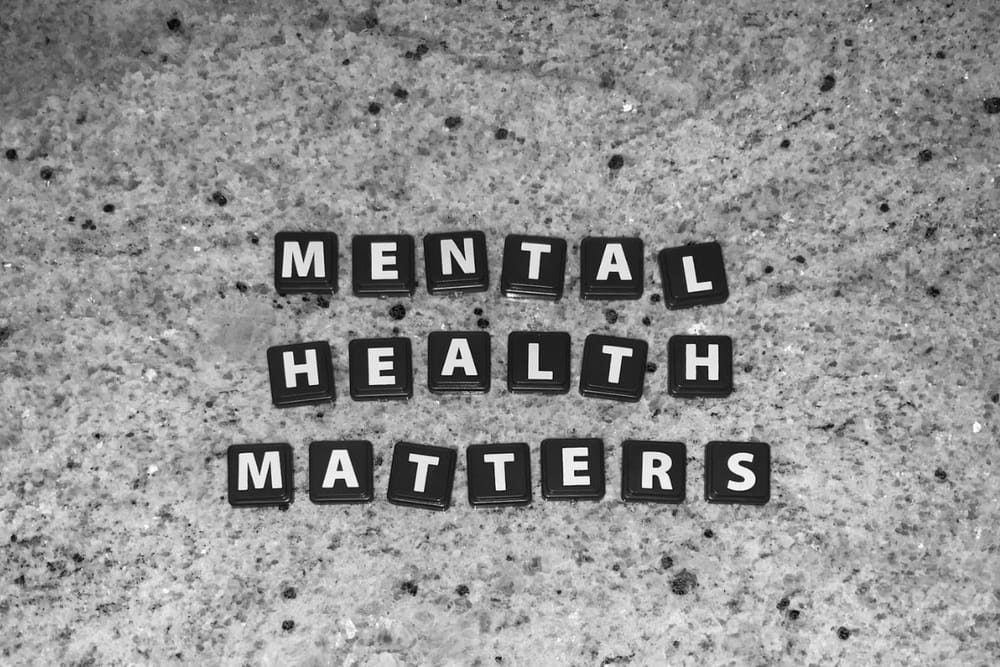In today's fast-paced world, the concept of "hustle culture" has become increasingly prevalent, glorifying the relentless pursuit of success through an unwavering focus on productivity and work.
While dedication and hard work are admirable traits, glorifying overwork and neglecting mental well-being can have severe consequences for individuals and organizations.
It's time to challenge this notion and prioritize mental wellness as a crucial component of a thriving workforce.
Understanding Hustle Culture and Its Impact

Hustle culture refers to a mindset that embraces the idea of constant busyness, long hours, and the belief that success can only be achieved through an unrelenting work ethic. This culture often encourages employees to sacrifice their personal lives, relationships, and mental well-being for the sake of professional advancement. It's a mentality that has permeated various industries, from the fast-paced tech sector to the competitive corporate world.
While the pursuit of success is admirable, the toxic elements of hustle culture can have detrimental effects on mental health. Constant pressure, unrealistic expectations, and the fear of failure can lead to a multitude of mental health issues, including anxiety, depression, guilt, apathy, and burnout.
The Consequences of Neglecting Mental Wellbeing

The impact of neglecting mental well-being in the workplace cannot be overstated. When employees are subjected to excessive stress and pressure, their overall performance and productivity can suffer. Mental health issues can lead to decreased focus, impaired decision-making abilities, and a lack of creativity – all of which are essential for a thriving workforce.
Moreover, the physical consequences of poor mental health should not be overlooked. Increased levels of stress can contribute to a wide range of physical ailments, including cardiovascular diseases, gastrointestinal issues, sleep disturbances, and a weakened immune system. This not only affects the individual but also the organization as a whole, leading to higher absenteeism, decreased productivity, and increased healthcare costs.
Fostering a Culture of Mental Wellness

To combat the negative effects of hustle culture and promote a thriving workforce, organizations must prioritize mental wellness as a core value. This requires a multifaceted approach that addresses both individual and organizational practices.
For individuals, self-care should become a priority. This includes practices such as getting sufficient sleep, maintaining a balanced diet, engaging in regular exercise, and practicing mindfulness techniques like meditation or deep breathing.
As Parker Palmer eloquently states,
Self-care is never a selfish act—it is simply good stewardship of the only gift I have, the gift I was put on earth to offer to others.
Employees should also feel empowered to disconnect from work during breaks and vacations, allowing themselves time to recharge and rejuvenate.
Organizations, on the other hand, play a crucial role in fostering a culture of mental wellness. This can be achieved through various initiatives, such as:
- Promoting open communication about mental health: Encouraging open and honest discussions about mental well-being can help destigmatize the issue and create a supportive environment where employees feel comfortable seeking help when needed.
- Offering flexible work arrangements: Allowing employees to have a better work-life balance through flexible schedules, remote work options, or adjustable hours can alleviate stress and promote overall well-being.
- Encouraging breaks and vacation time: Organizations should actively encourage employees to take breaks and utilize their vacation time. This not only promotes mental well-being but also fosters increased productivity and creativity upon returning to work.
- Providing mental health resources: Offering access to mental health resources, such as employee assistance programs, counseling services, or wellness initiatives, can help employees manage stress and address mental health concerns proactively.
- Fostering a supportive work environment: Cultivating a work culture that values empathy, respect, and collaboration can create a sense of belonging and support, which is essential for mental well-being.
The Role of Leadership and Organizational Culture

Transforming an organization's culture to prioritize mental well-being requires buy-in and commitment from leadership. Leaders must lead by example, demonstrating a healthy work-life balance and actively promoting mental wellness initiatives. They should also foster an environment where open communication about mental health is encouraged, and employees feel empowered to seek support without fear of stigma or repercussions.
Moreover, organizations should consider integrating mental wellness into their performance evaluation criteria and reward systems. This sends a clear message that mental well-being is valued and supported at all levels of the organization.
The Benefits of Prioritizing Mental Wellbeing

By prioritizing mental well-being and challenging the toxic elements of hustle culture, organizations can unlock numerous benefits that contribute to a thriving workforce:
- Improved Productivity and Creativity: When employees are mentally healthy and well-rested, they are better equipped to tackle complex problems, meet deadlines efficiently, and think creatively.
- Enhanced Employee Engagement and Retention: A culture that prioritizes mental well-being fosters a sense of belonging and appreciation, leading to increased employee engagement and reduced turnover rates.
- Stronger Collaboration and Teamwork: Mentally well employees are more likely to foster positive working relationships and collaborate effectively with colleagues, leading to better team dynamics and overall performance.
- Reduced Healthcare Costs: By proactively addressing mental health issues, organizations can potentially reduce healthcare costs associated with stress-related illnesses and absenteeism.
- Positive Organizational Reputation: Companies that prioritize mental well-being and foster a supportive work environment are more likely to attract and retain top talent, as well as cultivate a positive reputation as an employer of choice.
In a world where hustle culture has become the norm, it's time to reassess our priorities and recognize the importance of mental well-being for a thriving workforce. By challenging the toxic elements of overwork and embracing a culture that prioritizes mental wellness, organizations can unlock the full potential of their employees, foster a positive work environment, and ultimately drive long-term success.
As Morgan Harper Nichols reminds us,
You are worth the quiet moment. You are worth the deeper breath. You are worth the time it takes to slow down, be still, and rest.
The journey towards prioritizing mental well-being requires a collective effort from individuals, organizations, and society as a whole. It's a journey that demands open communication, empathy, and a willingness to challenge outdated norms. But the rewards – a happier, more productive, and more innovative workforce – make it a journey worth taking.
Also Read:















